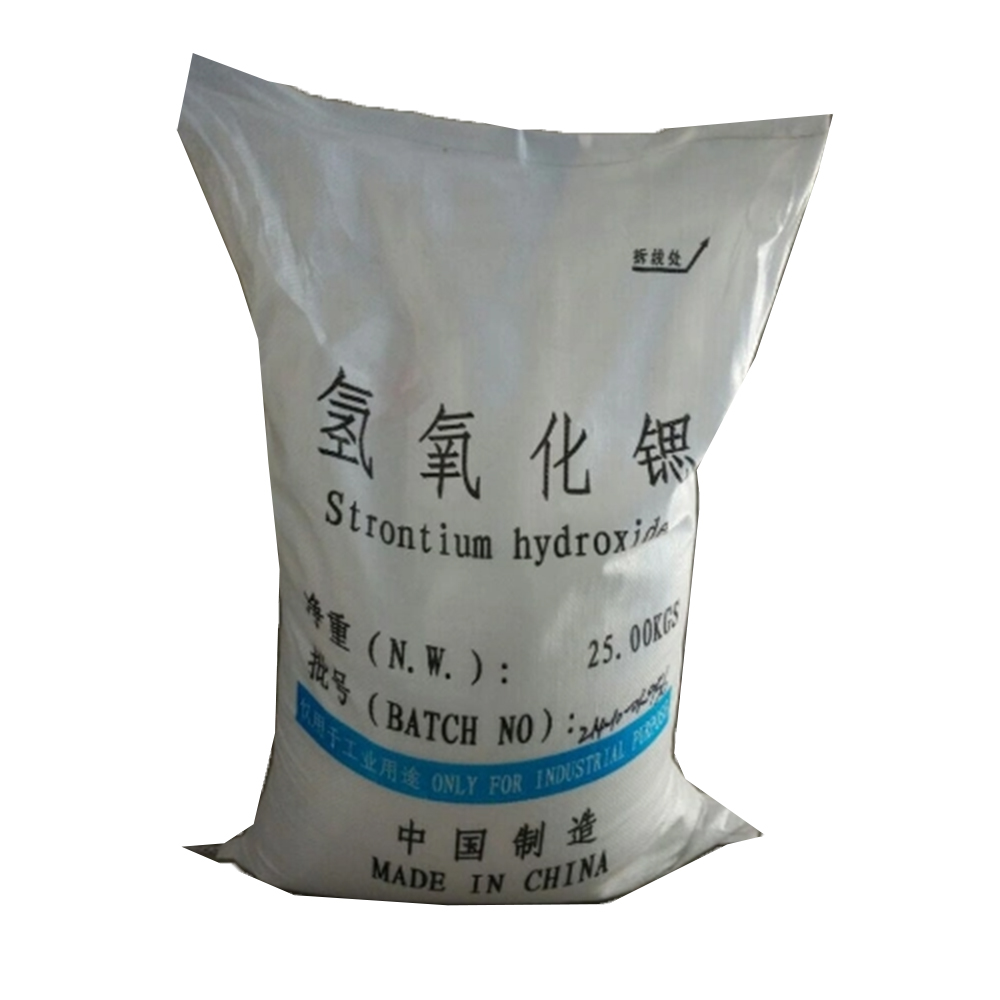



Industrial Water Treatment Chemicals - Optimize Water Quality and Efficiency
Industrial Water Treatment Chemicals Ensuring Sustainable Water Management
Water is vital for various industrial processes, and its quality directly impacts operational efficiency, safety, and compliance with environmental regulations. Industrial water treatment chemicals are essential for managing water quality, preventing corrosion, scaling, and biofouling in water systems. As industries continue to emphasize sustainability and environmental responsibility, the role of these chemicals has become increasingly important.
One of the main types of industrial water treatment chemicals is coagulants. Coagulants, such as aluminum sulfate and ferric chloride, help remove particulate matter from water by aggregating small particles into larger flocs that can be easily removed. This is crucial in industries like mining, paper manufacturing, and food processing, where the removal of suspended solids is necessary to meet regulatory requirements and ensure product quality.
Another critical category is biocides, which are used to control microbial growth in cooling towers, boilers, and other water systems. Organisms like bacteria and algae can significantly affect the efficiency of heat exchange processes, leading to increased energy consumption and equipment damage. Chemicals such as chlorine, bromine, and various non-oxidizing biocides help maintain hygienic water conditions, thus enhancing operational efficiency and prolonging the lifespan of equipment.
industrial water treatment chemicals

Corrosion inhibitors are also vital in industrial water treatment. These chemicals create a protective layer on the metal surfaces of equipment, preventing rust and deterioration. By minimizing corrosion, industries can reduce maintenance costs and ensure the safety and reliability of their operations. Commonly used corrosion inhibitors include phosphates, molybdates, and various organic compounds.
Moreover, the trend towards sustainability has led to the development of greener and more environmentally friendly water treatment chemicals. There is a growing demand for biodegradable and low-toxicity options that reduce the environmental impact of water treatment processes. This shift not only aligns with corporate sustainability goals but also helps companies comply with stringent environmental regulations.
Effective water treatment is not just about compliance; it also results in significant cost savings. By ensuring that water used in industrial processes is clean and free of contaminants, companies can reduce downtime, extend the life of equipment, and improve product quality. Investing in appropriate water treatment chemicals is thus a strategic decision that can lead to long-term operational benefits.
In conclusion, industrial water treatment chemicals play a pivotal role in managing water quality across various sectors. As industries face increasing pressure to adopt sustainable practices, the evolution and application of these chemicals will remain critical in ensuring efficient water management and compliance with environmental standards. Through ongoing innovation and a focus on sustainability, the industry can continue to thrive while minimizing its impact on the environment.
-
Why Sodium Persulfate Is Everywhere NowNewsJul.07,2025
-
Why Polyacrylamide Is in High DemandNewsJul.07,2025
-
Understanding Paint Chemicals and Their ApplicationsNewsJul.07,2025
-
Smart Use Of Mining ChemicalsNewsJul.07,2025
-
Practical Uses of Potassium MonopersulfateNewsJul.07,2025
-
Agrochemicals In Real FarmingNewsJul.07,2025
-
Sodium Chlorite Hot UsesNewsJul.01,2025










